Lord, what fools these mortals be!
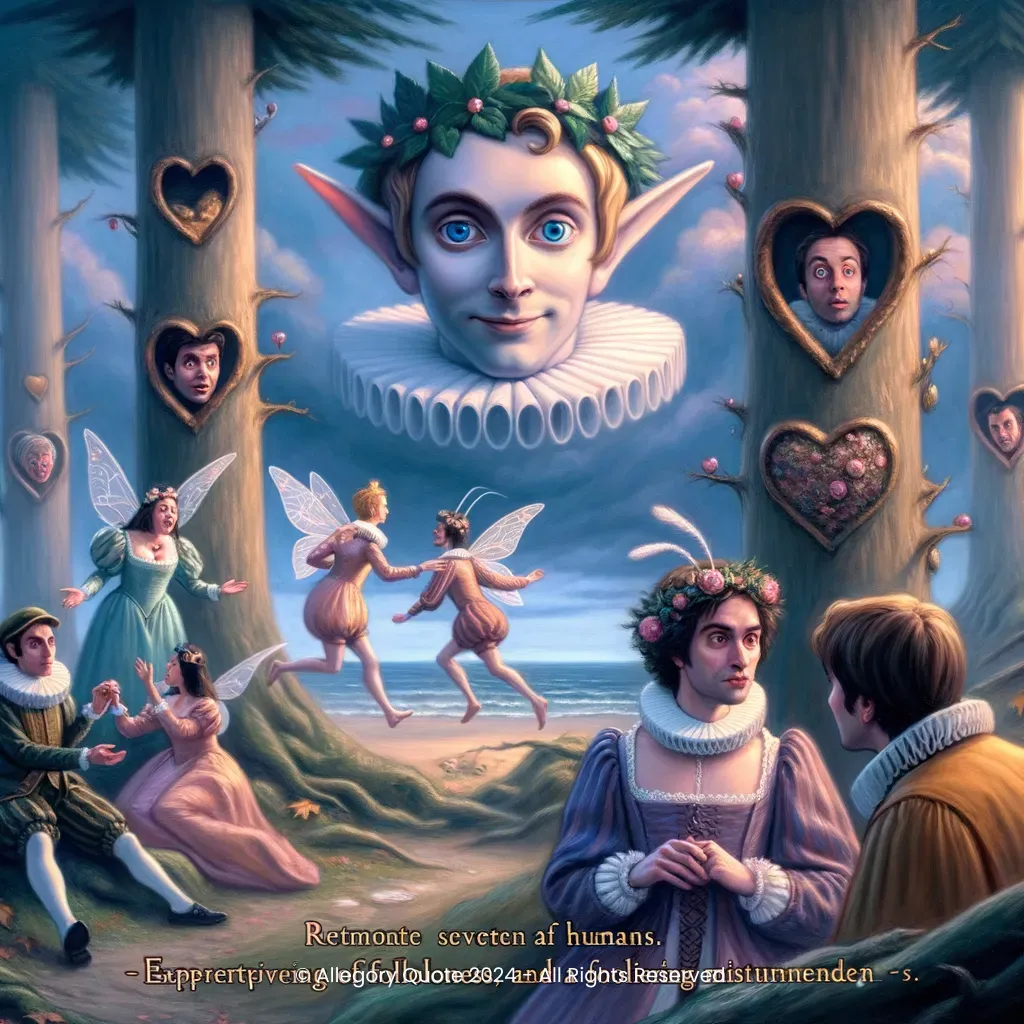
0
0
0
0
- Meaning
- This phrase is an exclamation by Puck expressing his amused and somewhat scornful observation of the behavior of humans. In the context of the play, Puck observes the irrationality and complexity of human emotions and actions, especially in matters of love. The phrase underscores the theme of folly and the whimsical nature of human behavior, suggesting that humans often act senselessly, particularly under the influence of love.
- Allegory
- This image conveys Puck's perspective on human folly, using the enchanted forest to symbolize the whimsical and often irrational nature of human behavior. The heart-shaped leaves and creatures emphasize the playfulness and enchantment, while Puck's wise and amused expression reflects his awareness of the human condition. This visual metaphor highlights Shakespeare's observation of the comedic and irrational aspects of human nature, encouraging viewers to ponder their own actions with an understanding of their inherent folly.
- Applicability
- The teaching of this phrase urges individuals to reflect on their actions and recognize the often irrational nature of their behavior, particularly in complex emotional situations. It serves as a humbling reminder that human beings, regardless of their intentions, can act foolishly. This awareness can foster a sense of humility and encourage more thoughtful, rational decision-making in personal and social interactions.
- Impact
- This phrase has impacted literature and popular culture by becoming an adage that encapsulates the whimsical nature of human behavior. It has been cited in various contexts to express bemusement at human follies. Shakespeare's work, in general, has profoundly influenced English literature, drama, and is often quoted in discussions about human nature and social behavior.
- Historical Context
- "A Midsummer Night's Dream" was written around 1595-1596, a period rich with exploration of human nature and emotions in literature. The Elizabethan era, during which Shakespeare wrote, saw a flourishing of the arts and a keen interest in the complexities of the human condition, love, and whimsical folly.
- Criticisms
- Criticisms of this phrase might arise from those who argue it is dismissive or condescending, implying a superiority of the speaker or observer over the ones being observed. Furthermore, some may contend that it oversimplifies human emotions and behavior by labeling them simply as "foolish."
- Variations
- There are variations and interpretations of this phrase across cultures. For instance, in some cultures, human folly might be highlighted within the context of pride and humility. Different cultures interpret the concept of "foolishness" according to their own social norms and values, often within parables or folk tales that aim to teach wisdom and humility.
-

The golden age is before us, not behind us.
-
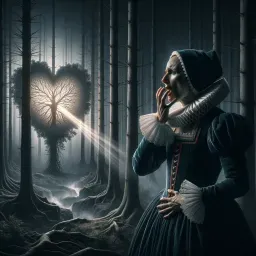
My tongue will tell the anger of my heart, or else my heart concealing it will break.
-

Love looks not with the eyes, but with the mind; and therefore is winged Cupid painted blind.
-

The course of true love never did run smooth.
-

What's done cannot be undone.
-

To weep is to make less the depth of grief.
-

The better part of valor is discretion.
-
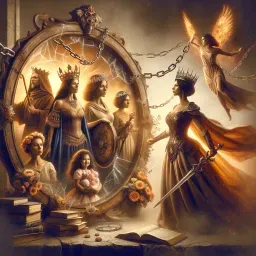
Frailty, thy name is woman!
-
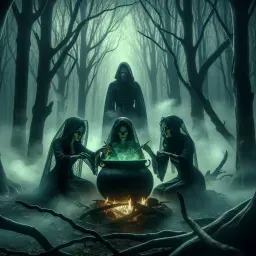
Double, double toil and trouble; fire burn and cauldron bubble.
-

But, for my own part, it was Greek to me.
-
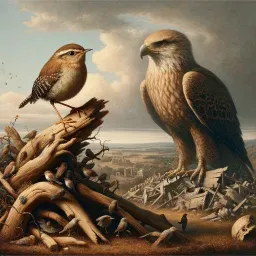
The world is grown so bad, that wrens make prey where eagles dare not perch.
-

Good night, good night! Parting is such sweet sorrow, that I shall say good night till it be morrow.
No Comments